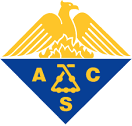 More than two thousand researchers have signed a petition to boycott a new Nature journal over the fact it will be available only by subscription.
More than two thousand researchers have signed a petition to boycott a new Nature journal over the fact it will be available only by subscription.
The new journal — Nature Machine Intelligence, about machine learning — plans to charge readers for access, unlike most other journals in the field. The researchers who signed the petition have pledged not to submit their work to the new journal, and will decline to review or edit papers for it, as well.
Most journals published by Nature Publishing Group are available only by subscription — but that doesn’t work for the machine learning community, the signatories argue:
Continue reading Thousands boycott new Nature journal about machine learning
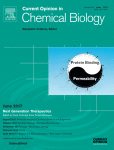
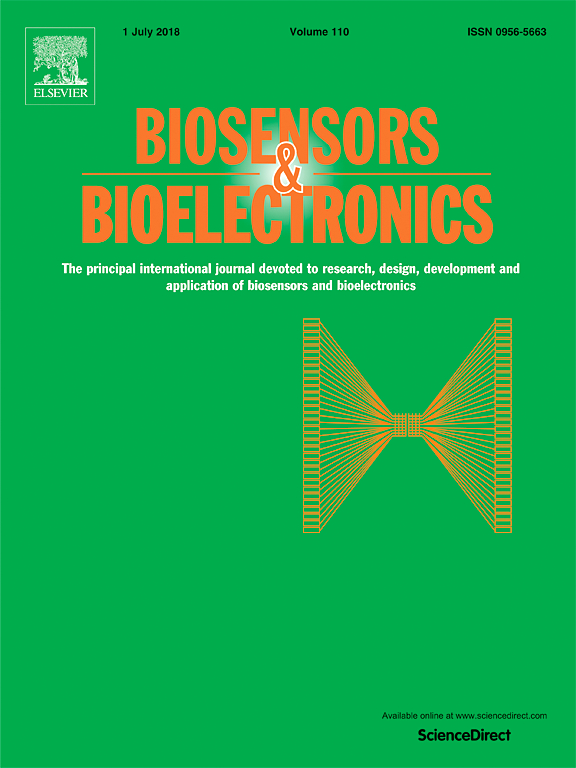

 A chemistry journal has retracted a nanoparticle paper following heavy outcry from readers, who
A chemistry journal has retracted a nanoparticle paper following heavy outcry from readers, who 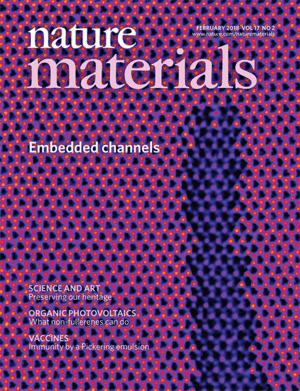 The authors of a highly cited 2016 research letter on a way to improve the efficiency of solar panels have retracted their work following “concerns about the reproducibility.”
The authors of a highly cited 2016 research letter on a way to improve the efficiency of solar panels have retracted their work following “concerns about the reproducibility.”

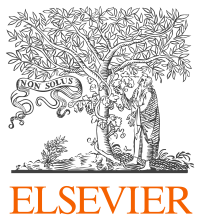 A researcher whose
A researcher whose 